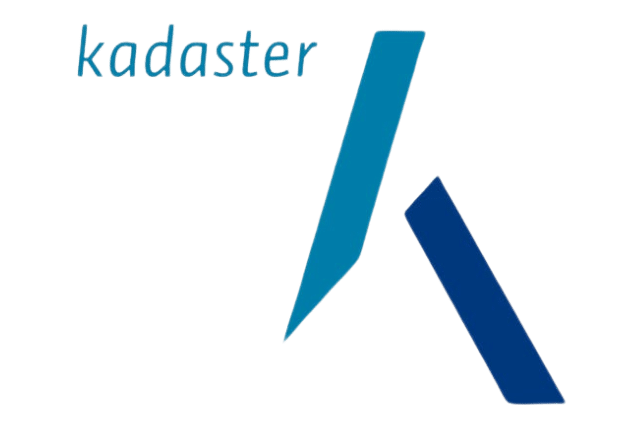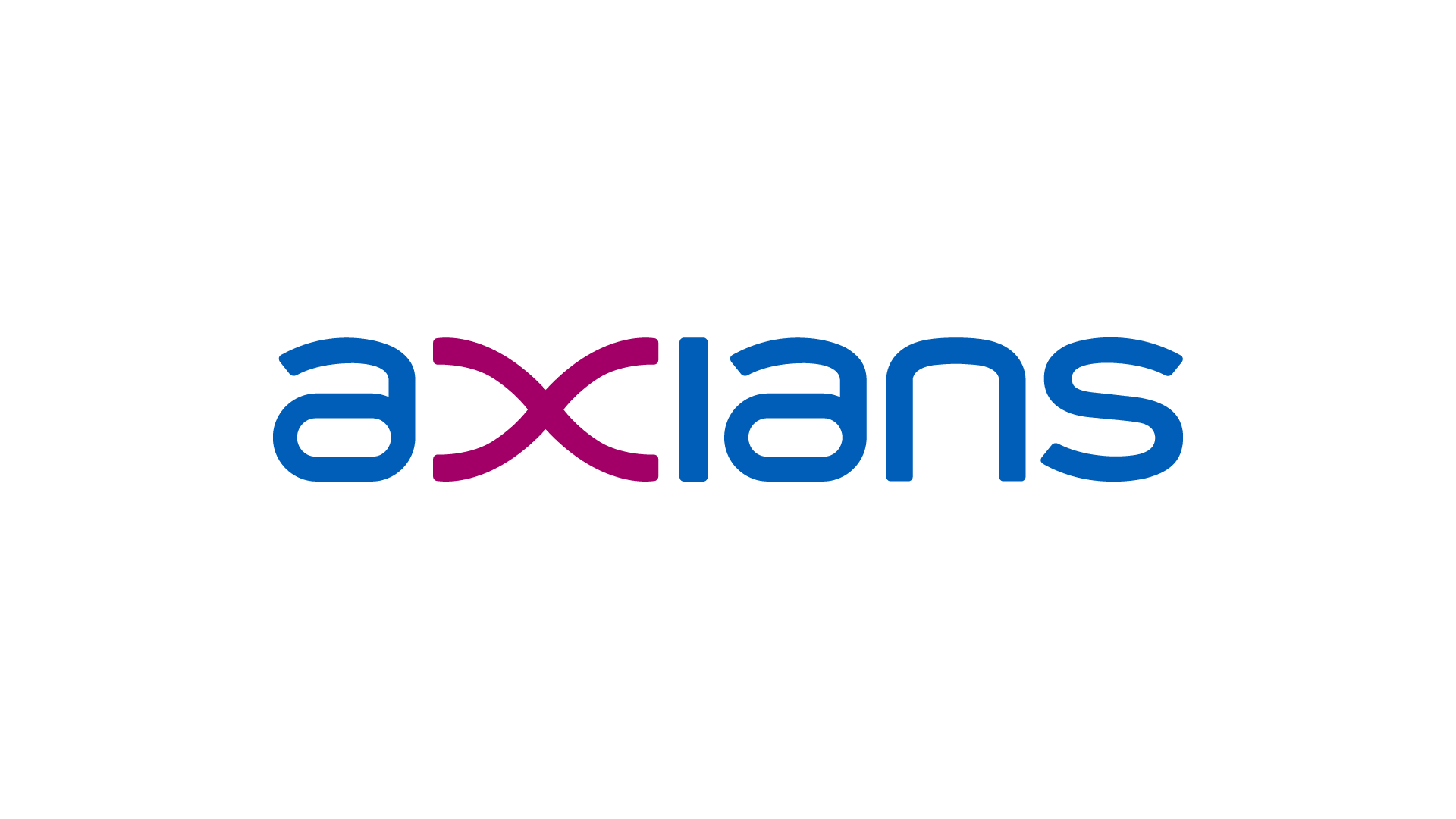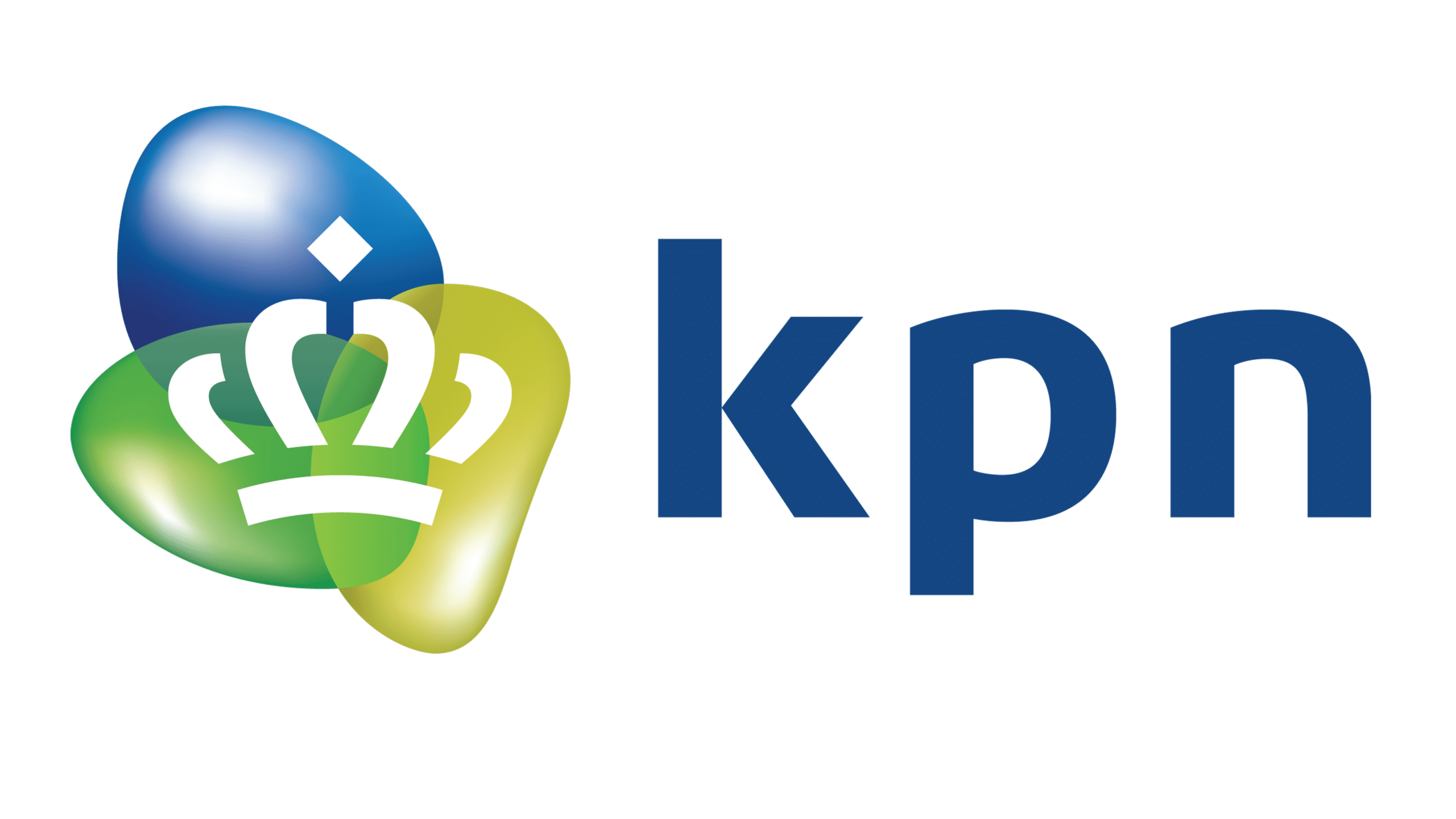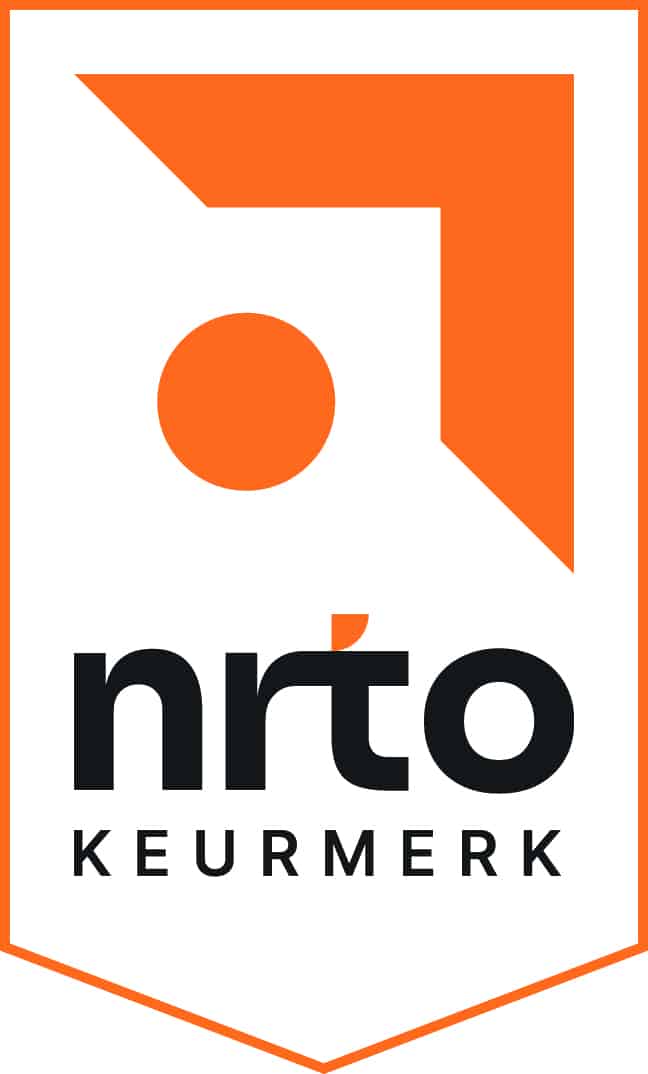Algemene omschrijving
The DP-100 E-Learning is entirely in English. As a Dutch IT training provider, we offer the information on this page in Dutch. At the bottom of the page, you will find a brief summary in English. The topics within the DP-100 E-Learning package itself are described in English.
De DP-100 E-Learning biedt uitgebreide informatie waarmee je machine learning-oplossingen op schaal kunt implementeren binnen de cloud. Met behulp van Azure Machine Learning leer je hoe jij data efficiënt in kunt lezen en verwerken, hoe jij modellen kunt trainen en hoe jij deze succesvol kunt implementeren binnen een productieomgeving. Verder is de DP-100 E-Learning geschikt voor professionals die hun kennis en vaardigheden op het gebied van Python en machine learning (ML) uit willen breiden en toepassen binnen Microsoft Azure.
Bij de DP-100 E-Learning krijg je toegang tot alles wat jij nodig hebt om je voor te bereiden op het afleggen van het DP-100 examen en het behalen van de DP-100 certificering. De DP-100 E-Learning bestaat uit het DP-100 cursusmateriaal, een interactieve labomgeving, een MeasureUp oefenexamen om jouw kennis te toetsen en een DP-100 examenvoucher. Met 180 dagen toegang tot de labomgeving krijg jij de gelegenheid om jouw praktische vaardigheden te verfijnen en je vertrouwen op te bouwen.
Door de DP-100 E-Learning door te nemen, zet je een belangrijke stap in jouw carrière binnen data science (datawetenschap) en machine learning (ML). De DP-100 E-Learning is ontworpen om jou de theoretische kennis en praktische vaardigheden te bieden die nodig zijn om succesvolle oplossingen te creëren binnen Microsoft Azure. Of je nu een data scientist (datawetenschapper), AI Engineer of ICT-professional bent, de DP-100 E-Learning bereidt jou voor op een toekomst vol mogelijkheden.
Doelgroep
De DP-100 E-Learning is speciaal ontwikkeld voor professionals die hun kennis en vaardigheden op het gebied van machine learning (ML) en Microsoft Azure uit willen breiden.
Dit betreft met name de volgende mensen:
- Data Scientists (datawetenschappers) die zich willen specialiseren in het ontwikkelen en implementeren van machine learning-modellen binnen een Microsoft Azure-omgeving.
- AI Engineers die oplossingen willen ontwerpen en beheren voor het combineren van kunstmatige intelligentie (AI) en machine learning (ML).
- ICT-professionals die ervaring hebben met Python en de toepassing van machine learning binnen zakelijke omgevingen willen verbeteren.
- Junior tot ervaren specialisten met basiskennis van machine learning (ML) en Python, maar ook voor meer ervaren experts die hun kennis en vaardigheden willen verfijnen en certificeren.
- Mensen die binnen sectoren werken waarbij data science (datawetenschap) en kunstmatige intelligentie (AI) een sleutelrol spelen in besluitvorming en innovatie, zoals:
- Data-analyse.
- ICT.
- Consultancy.
Wat is inbegrepen
De DP-100 E-Learning bevat alles wat je nodig hebt om je grondig voor te bereiden op het behalen van de DP-100 certificering.
Hier is een overzicht van de inhoud van de DP-100 E-Learning:
- DP-100 cursusmateriaal
- Het DP-100 cursusmateriaal bestaat uit uitgebreide en diepgaande inhoud, gericht op het implementeren van machine learning-oplossingen binnen Microsoft Azure.
- Interactieve labopdrachten
- Verkrijg 180 dagen lang toegang tot een realistische labomgeving waarin je jouw kennis en vaardigheden kunt verbeteren en toepassen.
- MeasureUp oefenexamen
- Toets jouw kennis door middel van een MeasureUp oefenexamen en bereid je voor op het daadwerkelijke DP-100 examen.
- DP-100 examenvoucher
- Inclusief een DP-100 examenvoucher om het DP-100-examen af te leggen en de DP-100 certificering te behalen.
Voorkennis
Voordat jij begint met de DP 100 E-Learning raden wij aan dat jij over de volgende kennis en vaardigheden beschikt:
- Grondige kennis van de principes van cloud computing en Microsoft Azure
- Voor succesvolle Azure Data Scientists is het essentieel om te beginnen met een grondige kennis van clouddiensten. Dit omvat het vermogen om cloudbronnen effectief te creëren en te beheren binnen Microsoft Azure, een belangrijke vaardigheid voor het werken in moderne, cloudgebaseerde data science-omgevingen.
- Ervaring met Python voor data-analyse en datavisualisatie
- Een belangrijk onderdeel van de rol van een Azure Data Scientist is het gebruik van Python voor data-analyse en visualisatie. Deze vaardigheid stelt jou in staat om inzichten te verkrijgen uit complexe datasets en deze inzichten op een begrijpelijke manier te presenteren.
- Training en validatie van machine learning-modellen
- Een belangrijke vaardigheid voor Azure Data Scientists is de bekwaamheid in het trainen en valideren van machine learning-modellen. Dit vereist diepgaande kennis van algemene frameworks die essentieel zijn voor het ontwikkelen van geavanceerde voorspellende modellen, zoals:
- Scikit-Learn.
- PyTorch.
- TensorFlow.
- Het werken met containers
- Het vermogen om met containers te werken, zoals Docker, is een belangrijke vaardigheid voor Azure Data Scientists. Dit stelt jou in staat om jouw data science-projecten en -modellen efficiënt te verpakken, te distribueren en uit te voeren in diverse omgevingen, waardoor de flexibiliteit en schaalbaarheid van jouw oplossingen wordt verhoogd.
Onderwerpen
DP-100 | Module 1: Aan de slag met Azure Machine Learning
In deze module leer je hoe je een Azure Machine Learning-werkruimte kunt inrichten en gebruiken om machine learning-assets zoals data, compute, modeltrainingcode, gelogde statistieken en getrainde modellen te beheren. Je leert hoe je gebruik kunt maken van de webgebaseerde Azure Machine Learning Studio-interface en de Azure Machine Learning SDK, evenals ontwikkelaarshulpmiddelen zoals Visual Studio Code en Jupyter Notebooks om met de assets in je werkruimte te werken.
Onderwerpen:
- Inleiding tot Azure Machine Learning.
- Werken met Azure Machine Learning.
Lab: Een Azure Machine Learning-werkruimte aanmaken
Na het voltooien van deze module van de DP-100 training kunnen deelnemers:
- Een Azure Machine Learning-werkruimte inrichten.
- Hulpmiddelen en code gebruiken om met Azure Machine Learning te werken.
DP-100 | Module 2: Visuele hulpmiddelen voor Machine Learning
Deze module introduceert de geautomatiseerde Machine Learning- en Designer-visuele hulpmiddelen, waarmee je machine learning-modellen kunt trainen, evalueren en implementeren zonder code te schrijven.
Onderwerpen:
- Geautomatiseerde Machine Learning.
- Azure Machine Learning Designer.
Lab: Gebruik geautomatiseerde Machine Learning
Lab: Gebruik Azure Machine Learning Designer
Na het voltooien van deze module van de DP-100 training kunnen deelnemers:
- Geautomatiseerde machine learning gebruiken om een machine learning-model te trainen.
- Azure Machine Learning Designer gebruiken om een model te trainen.
DP-100 | Module 3: Experimenten uitvoeren en modellen trainen
In deze module ga je aan de slag met experimenten die dataverwerking en modeltrainingcode bevatten, en gebruik je deze om machine learning-modellen te trainen.
Onderwerpen:
- Inleiding tot experimenten.
- Modellen trainen en registreren.
Lab: Modellen trainen
Lab: Experimenten uitvoeren
Na het voltooien van deze module van de DP-100 training kunnen deelnemers:
- Code-gebaseerde experimenten uitvoeren in een Azure Machine Learning-werkruimte.
- Machine learning-modellen trainen en registreren.
DP-100 | Module 4: Werken met data
Data is een fundamenteel element in elke machine learning-werkbelasting. In deze module leer je hoe je datastores en datasets in een Azure Machine Learning-werkruimte kunt maken en beheren, en hoe je deze kunt gebruiken in modeltrainingexperimenten.
Onderwerpen:
- Werken met datastores.
- Werken met datasets.
Lab: Werken met data
Na het voltooien van deze module van de DP-100 training kunnen deelnemers:
- Datastores maken en gebruiken.
- Datasets maken en gebruiken.
DP-100 | Module 5: Werken met compute
Een van de belangrijkste voordelen van de cloud is de mogelijkheid om computercapaciteit on-demand te gebruiken en deze in te zetten om machine learning-processen op te schalen tot een niveau dat met je eigen hardware niet haalbaar zou zijn. In deze module leer je hoe je experimentomgevingen kunt beheren die zorgen voor consistente runtime-omstandigheden voor experimenten, en hoe je compute-doelen kunt maken en gebruiken voor experimentuitvoeringen.
Onderwerpen:
- Werken met omgevingen.
- Werken met compute-doelen.
Lab: Werken met compute
Na het voltooien van deze module van de DP-100 training kunnen deelnemers:
- Omgevingen maken en gebruiken.
- Compute-doelen maken en gebruiken.
DP-100 | Module 6: Operaties orkestreren met pipelines
Nu je de basis begrijpt van het uitvoeren van werkbelastingen als experimenten die gebruikmaken van data-assets en computercapaciteit, is het tijd om te leren hoe je deze werkbelastingen kunt orkestreren als pipelines met verbonden stappen. Pipelines zijn essentieel voor het implementeren van een effectieve Machine Learning Operationalization (ML Ops)-oplossing in Azure, dus je verkent hoe je ze kunt definiëren en uitvoeren in deze module.
Onderwerpen:
- Inleiding tot pipelines.
- Pipelines publiceren en uitvoeren.
Lab: Maak een pipeline
Na het voltooien van deze module van de DP-100 training kunnen deelnemers:
- Pipelines maken om machine learning-workflows te automatiseren.
- Pipelineservices publiceren en uitvoeren.
DP-100 | Module 7: Modellen implementeren en gebruiken
Modellen zijn ontworpen om beslissingen te ondersteunen door middel van voorspellingen, dus ze zijn alleen nuttig als ze zijn geïmplementeerd en beschikbaar zijn voor een toepassing om te gebruiken. In deze module leer je hoe je modellen implementeert voor real-time inferencing en voor batch-inferencing.
Onderwerpen:
- Real-time inferencing.
- Batch-inferencing.
- Continue integratie en levering.
Lab: Maak een real-time inferencingservice
Lab: Maak een batch-inferencingservice
Na het voltooien van deze module van de DP-100 training kunnen deelnemers:
- Een model publiceren als een real-time inferencingservice.
- Een model publiceren als een batch-inferencingservice.
- Technieken beschrijven om continue integratie en levering te implementeren.
DP-100 | Module 8: Optimale modellen trainen
Tegen deze fase van de cursus heb je het volledige proces geleerd voor het trainen, implementeren en gebruiken van machine learning-modellen; maar hoe zorg je ervoor dat je model de beste voorspellingen voor je gegevens oplevert? In deze module verken je hoe je hyperparameterafstemming en geautomatiseerde machine learning kunt gebruiken om te profiteren van cloud computing op schaal en het beste model voor je gegevens te vinden.
Onderwerpen:
- Hyperparameterafstemming.
- Geautomatiseerde Machine Learning.
Lab: Gebruik geautomatiseerde Machine Learning vanuit de SDK
Lab: Hyperparameters afstemmen
Na het voltooien van deze module van de DP-100 training kunnen deelnemers:
- Hyperparameters optimaliseren voor modeltraining.
- Geautomatiseerde machine learning gebruiken om het optimale model voor je gegevens te vinden.
DP-100 | Module 9: Verantwoord machine learning
Datawetenschappers hebben de verantwoordelijkheid ervoor te zorgen dat ze gegevens op een verantwoorde manier analyseren en machine learning-modellen trainen; met respect voor de privacy van individuen, het verminderen van vooroordelen en het waarborgen van transparantie. Deze module verkent enkele overwegingen en technieken voor het toepassen van principes voor verantwoord machine learning.
Onderwerpen:
- Differentiële privacy.
- Modeluitlegbaarheid.
- Rechtvaardigheid.
Lab: Verken differentiatieprivacy
Lab: Modellen interpreteren
Lab: Oneerlijkheid detecteren en verminderen
Na het voltooien van deze module van de DP-100 training kunnen deelnemers:
- Differentiële privacy toepassen op data-analyse.
- Verklaringen gebruiken om machine learning-modellen te interpreteren.
- Modellen evalueren op eerlijkheid.
DP-100 | Module 10: Modellen monitoren
Nadat een model is geïmplementeerd, is het belangrijk om te begrijpen hoe het model in productie wordt gebruikt en om eventuele degradatie in de effectiviteit ervan te detecteren als gevolg van gegevensverschuivingen. Deze module beschrijft technieken voor het monitoren van modellen en hun data.
Onderwerpen:
- Modellen monitoren met Application Insights.
- Gegevensverschuiving monitoren.
Lab: Gegevensverschuiving monitoren
Lab: Een model monitoren met Application Insights
Na het voltooien van deze module van de DP-100 training kunnen deelnemers:
- Application Insights gebruiken om een gepubliceerd model te monitoren.
- Gegevensverschuiving monitoren.
English Summary
The DP-100 E-Learning equips you with the skills to design, implement, and manage machine learning solutions at scale using Azure Machine Learning. The comprehensive DP-100 E-Learning includes DP-100 course materials, interactive labs (accessible for 180 days), a MeasureUp practice exam, and a DP-100 exam voucher to help you prepare for the DP-100 exam. Perfect for professionals looking to enhance their Python and machine learning expertise within Microsoft Azure, the DP-100 E-Learning lays the foundation for success in data science and AI careers.
























